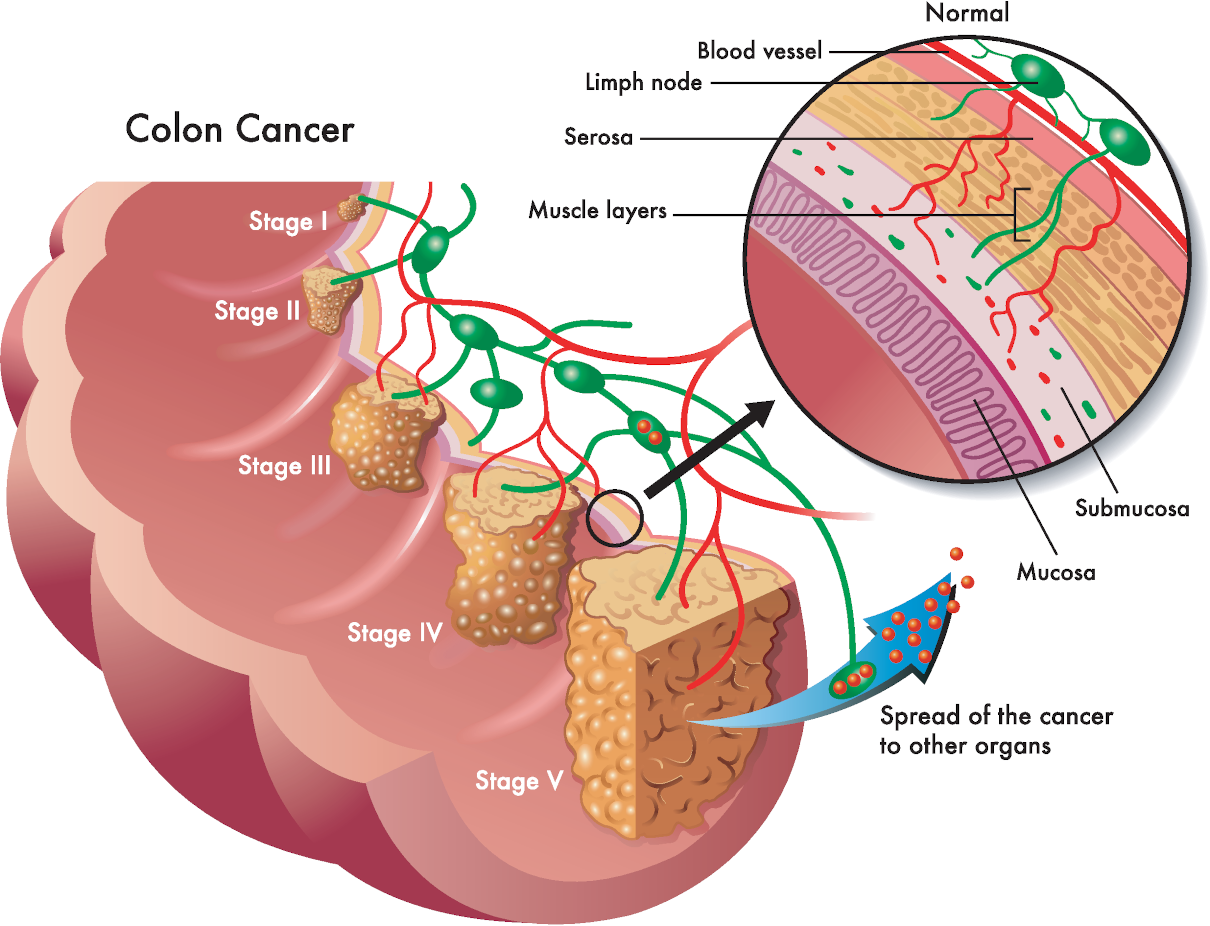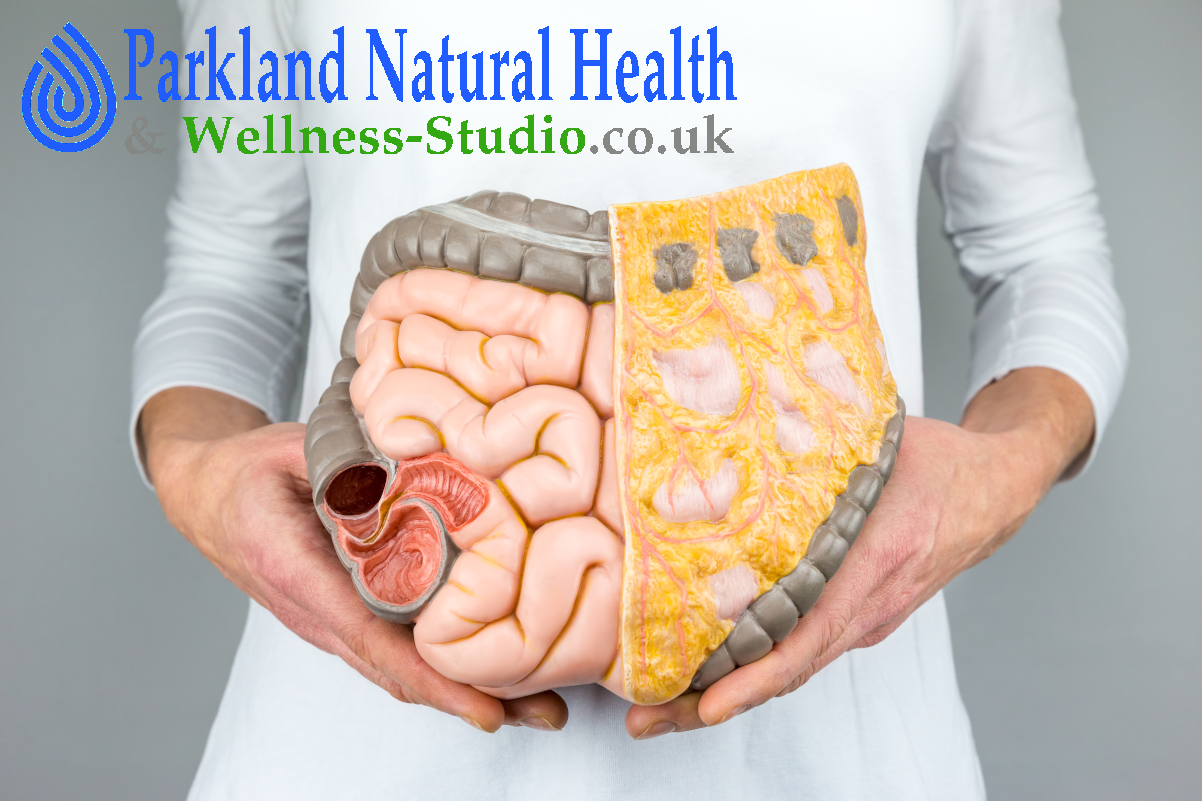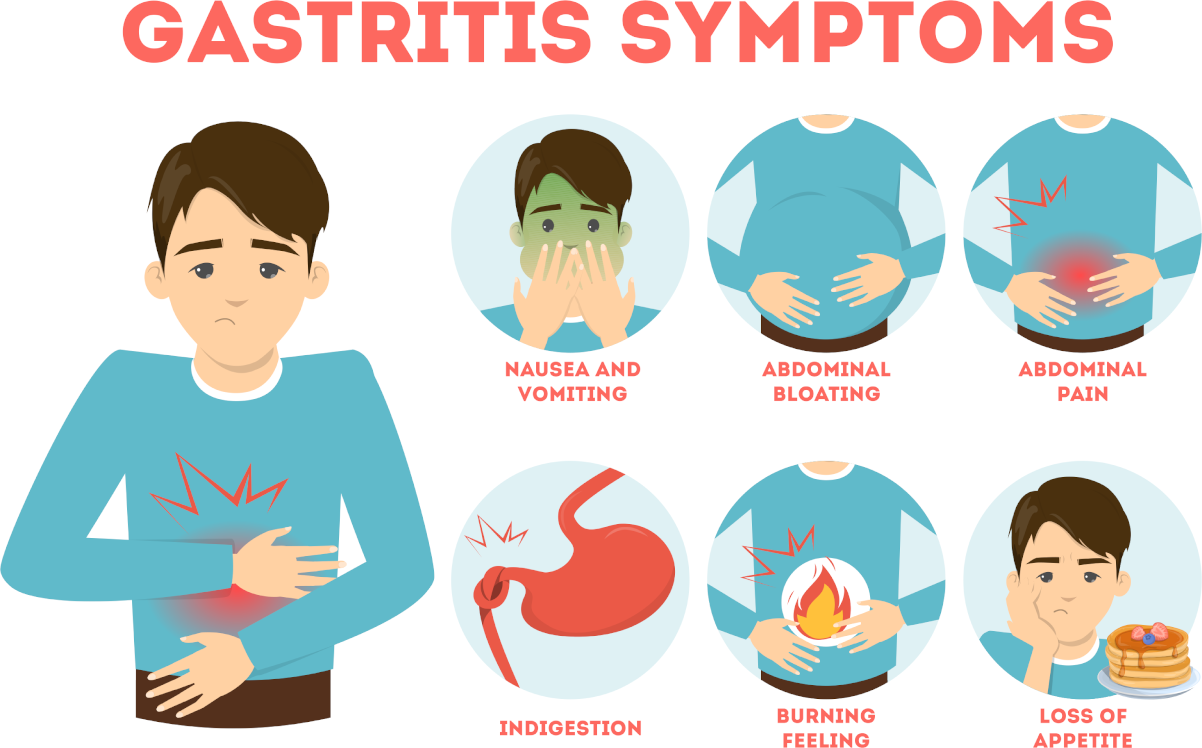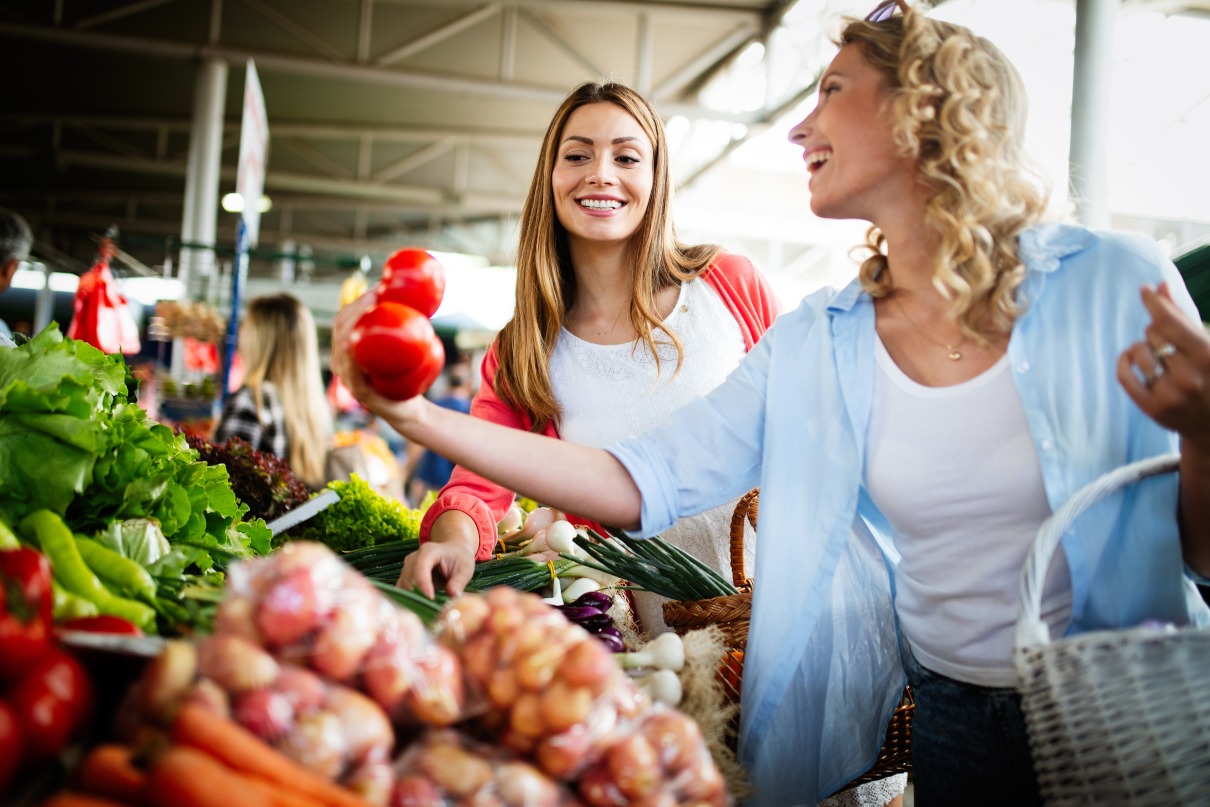
WHOLEGRAINS: good source of fibre, protein, chromium, and B vitamins.
/Amaranth/ is a complete protein (it contains all essential amino acids) and is one of the highest vegetable sources of iron.
/Barley/ is a rich calcium, potassium and B complex vitamin source. Beneficial for urinary infections and constipation. Best eaten as pot barley.
/Brown rice/ is a rich source of B Complex vitamins (beneficial for the nervous system). Short grain variety helps clear toxic waste from the colon, while Basmati helps clear internal mucous.
/Buckwheat/ is an excellent protein and bioflavonoid rutin source, strengthening blood capillaries.
Kamut, millet and oats are essential foods to add to your diet
/Kamut/ is an ancient grain closely related to wheat but not allergenic.
/Millet/ is an anti-fungal agent high in iron, magnesium, and silicon.
/Oats/are a rich source of protein, polyunsaturated fats, B Complex vitamins, and minerals such as calcium, magnesium and potassium. The soluble fibre in oats helps with constipation and lower plasma cholesterol levels.
/Quinoa/ is sprouted; quinoa is a high source of calcium and a complete protein (excellent protein source for vegans).
/Rye/ is a rich source of fibre and low in gluten (a good substitute for wheat).
Spelt—This ancient grain has highly soluble gluten and does not cause allergic reactions like wheat. It is particularly beneficial for poor digestion, constipation, and colitis.
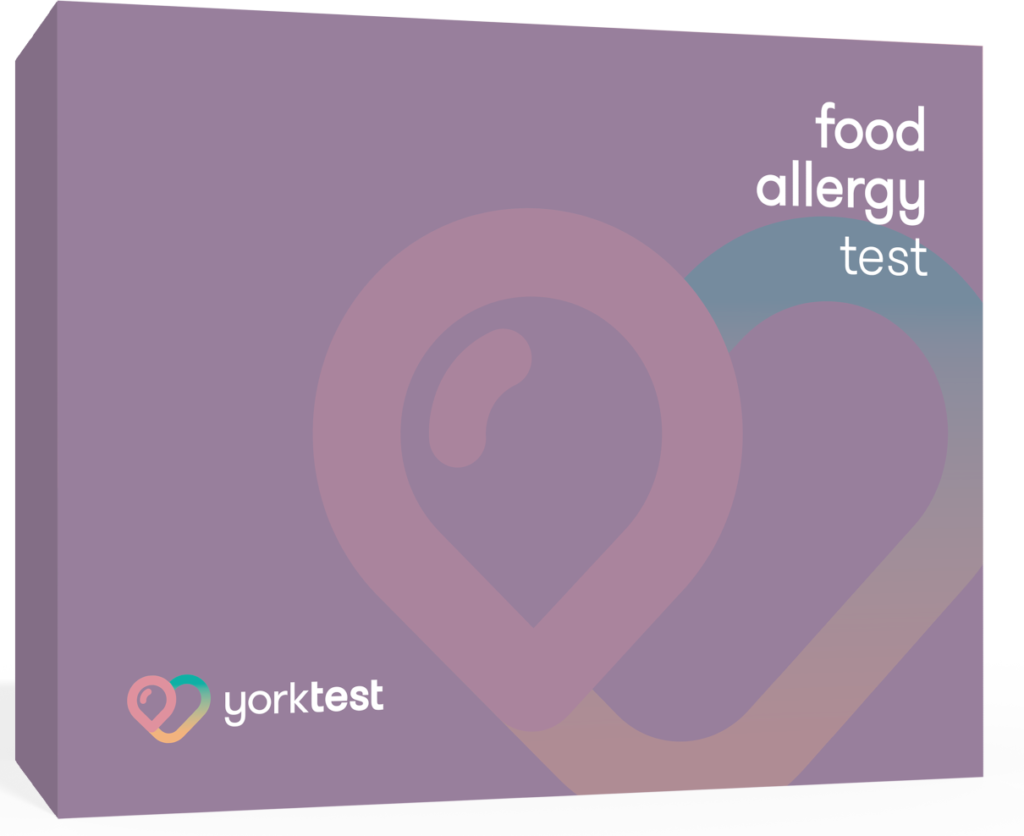
Food allergy test
Do you experience reactions to foods and think an allergy might cause them? Do you experience hay fever-type symptoms, the cause of which is unknown to you? Allergies can be challenging to pinpoint. And it’s almost impossible to deal with an allergy without identifying what is causing the problem. This Food Allergy Test is a fast and reliable home-to-laboratory allergy testing service.
Foods to add to your diet
BEANS (or legumes or pulses): combined with grains, form a complete protein. It is an excellent source of minerals, B vitamins and soluble and insoluble fibre (helps constipation and lowers cholesterol).
/Mung Beans/ is a famous sprouting bean that helps ease water retention and detoxification.
/Aduki Beans/are rich in iron, zinc and manganese sources. Helpful in treating constipation, yeast infections and kidney and bladder infections.
Soya beans contain all eight essential amino acids and are a rich source of essential fatty acids and lecithin (brain function).
In soya, Phytosterols help to inhibit cholesterol absorption. Isoflavone compounds in soy are anti-carcinogenic, and Phyto-oestrogens in soy help reduce the risk of breast cancer. Caution: if you have thyroid problems, eat only modest amounts.
Lentils are a rich source of iron and B complex vitamins.
SPROUTS: a powerhouse of vitamins, minerals, amino acids, chlorophyll, antioxidant enzymes, fibre and pigments, which help digestion and assimilation.
VEGETABLES are essential foods to add to your diet
VEGETABLES: Eating raw or steamed vegetables provides vitamins, minerals, and enzymes. It is well-established that vegetables’ carotenoids, vitamins C and E, selenium dietary fibre, flavonoids, phenols, plant sterols, and protease inhibitors exert protective effects against many forms of cancer. For optimum health, we need to consume 3 – 5 portions of vegetables every day.
Root vegetables – such as beetroots (blood cleanser and tonic), carrots, sweet potatoes, and swede provide beneficial beta carotene and trace minerals, especially when eaten with skins. Beta carotene is a powerful antioxidant, vital for lung function, good night vision and healthy skin.

One colonic irrigation session including consultation
Colon irrigation and comprehensive consultation with a professional colon hydrotherapist registered with RICTAT and ARCH at the Parkland Clinic in Holborn. We use a closed system only—London’s best colonic hydrotherapy deal.
Vegetables
Green leafy vegetables or salad vegetables are a good source of magnesium, vitamin C, folate and beta carotene (the darker the plant, the more beta carotene it contains). Some herbs are diuretics – excellent for water retention.
Brassicas or cruciferous vegetables are good for beta carotene, vitamin C, folic acid, potassium and fibre. It also contains anti-carcinogenic indoles, which are protective against breast cancer via their effect on oestrogen metabolism.
Onions, leeks, and garlic contain natural antibiotic compounds and are very cleansing due to their sulphur compounds, which are traditional remedies for colds, bronchitis, arthritis, and gout.
FRUITS
Fruits contain vitamins, minerals, antioxidants, and fibre. For the best effect, eat fresh, raw fruits. Avoid peeling, as some vitamins are found just under the skin. Choose seasonal fruit whenever possible, and always wash fruit before eating. Eat fruits independently since they rapidly ferment in the stomach.
Citrus fruits – Oranges, grapefruit, clementines, satsumas, limes and lemons – a rich source of vitamin C and soluble and insoluble fibre.
Berry Fruits are a rich source of vitamin C, soluble fibre and antioxidant phytochemicals (proanthocyanidins).
Apples, bananas, and pears are rich in vitamin C and soluble fibre sources. Bananas are also a good source of potassium.
Cherries are a rich source of vitamin C and bioflavonoids.
Grapes are a rich source of cancer-protective compounds such as flavones and anthocyanins. They are also uniquely nourishing and cleansing (particularly a two-day black grape juice mono fast).
Nectarines and peaches are good sources of vitamin C and some beta-carotene.
Papayas are an excellent vitamin C and beta carotene source, which help regulate bowel function when eaten with seeds. They also help reduce intestinal parasites such as worms. Papayas are an intestinal tonic.
Dried fruits are a rich source of iron, antioxidants and fibre (laxative effect). Containing concentrated sugar can give rise to dental caries. Caution: Avoid if suffering from candida or blood sugar problems.
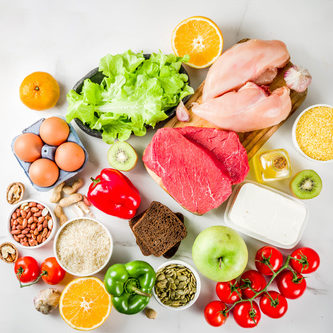
Food intolerance test of 208 ingredients
This one is our most comprehensive food and drink test. The test analyses your client’s IgG antibody reactions to 208 food and drink ingredients. This test will highlight their food triggers and help you formulate an IgG-guided elimination diet together.
NUTS and SEEDS are good foods to add to your diet
Nuts and seeds are a powerhouse of protein, essential oils, B complex vitamins, vitamin E, calcium, magnesium, zinc, selenium, and manganese. Almonds are a rich source of calcium and laetrile (B17), a potent anti-cancer agent. Brazil nuts are rich in selenium. Walnuts contain essential oils. Pumpkin seeds are a good source of zinc, and linseeds (soaked overnight) have laxative effects (constipation).
OILY FISH: salmon, mackerel, sardines, trout and herring are excellent sources of protein, vitamins A, D and E and omega-3 fatty acids, which help lower blood pressure and cholesterol. It is also beneficial for inflammatory conditions such as arthritis and skin conditions. Tuna is also an oily fish but high in mercury. Do not have more than once per week.
EGGS is another food to add to your diet
They provide the highest quality protein and are a rich source of zinc, vitamins A, D, E, B1 and B12.
Eggs are a common cause of allergy, particularly asthma, and should not be introduced into a child’s diet before 12 months. Pregnant women, infants, children, and the elderly should eat hard-boiled eggs only to avoid Salmonella poisoning. Buy organic eggs only—battery eggs are less nutritious and contain antibiotic and hormonal residues from chicken feeds.
WATER
It is an essential nutrient in your body. To sum up, 99% of the chemical reactions in our bodies depend on water. So, we suggest drinking eight glasses daily, which is a good minimum. Besides, our kidneys cannot eliminate waste products efficiently if we do not drink enough water. Moreover, a lack of water means our bodies cannot metabolise fat. Therefore, a large amount of waste remains in our system. Water also lubricates the joints and is necessary for the efficient functioning of the lungs.
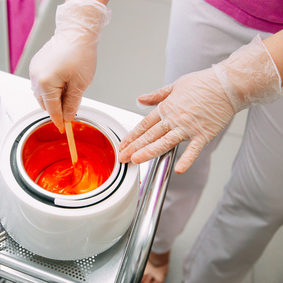
Bikini line extended(bum) waxing
It takes the sides of the bikini line more profound than a regular bikini wax and can include waxing some hair on top to make a more defined (triangle) area or trimming down the left hair. We also remove hair from the back. This treatment lasts twenty minutes.





